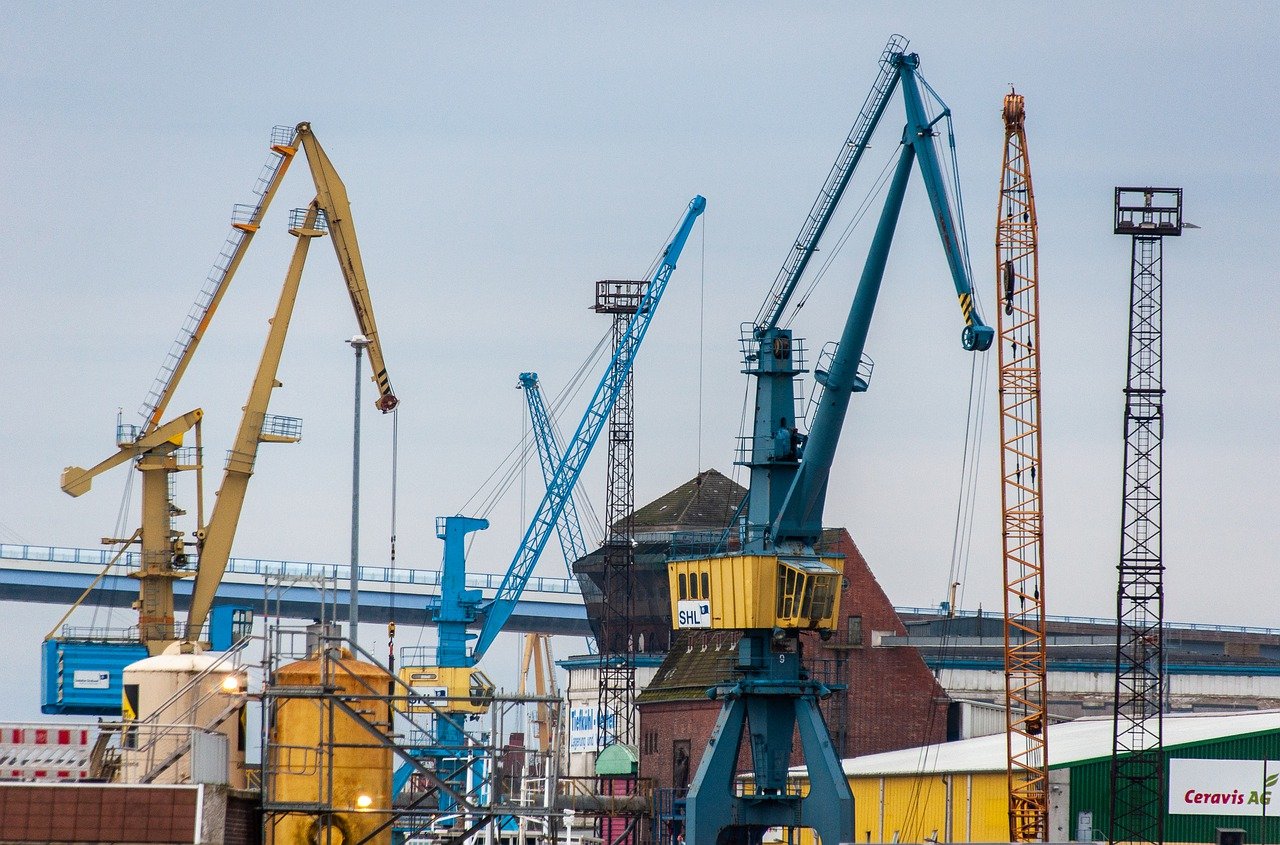THE STATE
High-level Seminar: What Should the Future German Industrial Policy Look Like?
Do we need an industrial electricity price tariff - or not? What should the German industrial policy generally look like? This is what we discussed with high-ranking representatives from ministries, think tanks, and academia this week.
BY
THOMAS FRICKEPUBLISHED
23. JUNE 2023READING TIME
3 MIN
Do we need an industrial electricity tariff now – or not? And what should it look like? What should an industrial policy generally look like? We talked about this with representatives from the BMWK, among them the Head of the Industrial Policy Department Bernhard Kluttig, and the Chairperson of the German Federation of Trade Unions, Yasmin Fahimi, as well as the Head of Department for Energy and Climate Policy at the Federation of German Industries. Also present were experts from the Jaques Delors Center, Agora Energiewende, Bruegel, Dezernat Zukunft and DGAP, as well as academics such as Tom Krebs and Isabella Weber.
The bottom line: there is a lot of need for clarification, and the only consensus that emerges is that the old paradigm, according to which the state should not intervene in individual sectors or processes, is passé. The danger is too obvious that this could only lead to new dependencies from China, for example – and the realization has matured too far that state intervention is absolutely necessary for major transformations. And that prices must also be controlled when supply and demand lead to excessive price spikes, as Tom Krebs and Isabella Weber explained on the basis of economic models and historical experience.
The bottom line: after a few decades of industrial policy taboo, there are no fundamentally agreed criteria on how, when, and where the state should intervene. Keyword: selectivity. Why is the settlement of chip manufacturers subsidized – and others not? How can be determined what is strategically important – and when exactly markets no longer lead to reasonable pricing?
This is no reason to continue to reject intervention – after all, it does not solve the deeper problems. But a reason to do much more research and talk about how the new criteria can be defined without contributing to political arbitrariness, where anyone can then demand anything.
